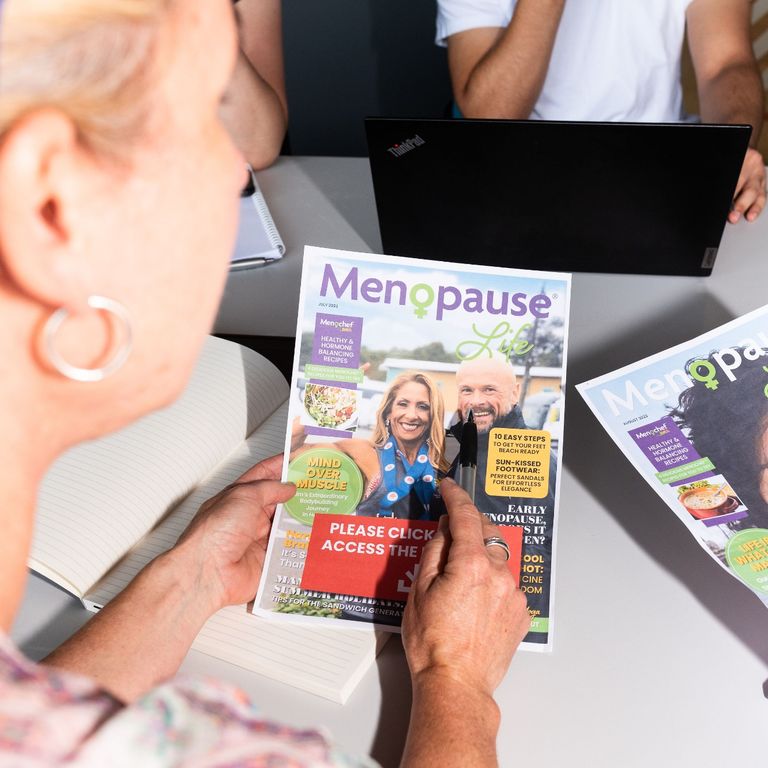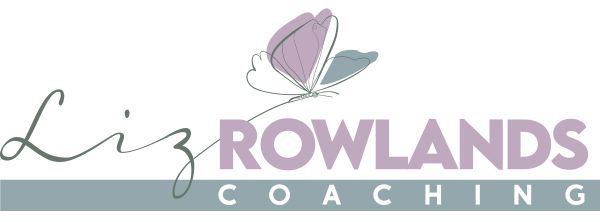
The Menopausal Journey: Unveiling the Phases
Menopause isn't a sudden event; it's a process that occurs over several years. It is typically categorised into three stages
Three stages
- Perimenopause: This phase precedes menopause and can start as early as the late 30s or early 40s. During perimenopause, the ovaries gradually produce fewer hormones, leading to irregular menstrual cycles and fluctuating hormone levels. Symptoms such as hot flashes, night sweats, mood swings, and sleep disturbances can emerge.
- Menopause: Menopause itself is defined as the point when a woman hasn't had a menstrual period for 12 consecutive months. It usually occurs around the age of 50, but the timing varies for each individual. Hormone levels, especially oestrogen and progesterone, significantly decrease, leading to a range of physical and emotional changes.
- Postmenopause: After reaching menopause, a woman enters the postmenopausal phase. Many of the more intense symptoms tend to subside during this time, but health considerations such as bone density, heart health, and overall well-being remain important.
Physical Changes: Navigating the New Norm
- Hot Flashes and Night Sweats: Fluctuating hormone levels can lead to sudden waves of intense heat, often accompanied by profuse sweating, known as hot flushes. Night sweats, similar to hot flushes, occur during sleep and can disrupt restful sleep.
- Vaginal Changes: Reduced oestrogen levels can cause vaginal dryness, thinning of vaginal tissues, and discomfort during intercourse. Understanding these changes can empower women to seek appropriate remedies and maintain a fulfilling intimate life.
- Bone Health: The decline in oestrogen also affects bone density, increasing the risk of osteoporosis. Women should consider incorporating calcium-rich foods, weight-bearing exercises, and regular bone density screenings into their routine.
Emotional and Psychological Aspects: Navigating Mood Swings
- Mood Swings and Emotional Fluctuations: Hormonal shifts during menopause can impact neurotransmitters that regulate mood, leading to mood swings, irritability, anxiety, and even depression. Recognising these emotional changes and seeking support when needed is crucial.
- Coping Strategies: Incorporating stress-relief techniques such as meditation, deep breathing, yoga, and mindfulness can help manage emotional challenges and enhance overall well-being.
Hormonal Changes: Unravelling the Impact
- Oestrogen and Progesterone: These hormones play pivotal roles in regulating the menstrual cycle and maintaining reproductive health. As their levels decrease during menopause, women experience various physical and emotional changes.
- Hormone Replacement Therapy (HRT): Some women opt for hormone replacement therapy to alleviate menopausal symptoms. Discussing the benefits, risks, and individual considerations with a healthcare provider is essential.
Empowerment and Support: Navigating Menopause Together
- Community and Connection: Building a network of friends, family, and support groups can help women share experiences, exchange advice, and combat feelings of isolation during this transitional phase.
- Professional Guidance: Seeking guidance from menopause coaches, healthcare providers, therapists, and nutritionists can provide women with tailored strategies to manage symptoms and embrace menopause as a journey of growth and empowerment.
Conclusion
Understanding menopause involves delving into the multidimensional changes that affect a woman's body, mind, and emotions. By recognising the phases, comprehending physical shifts, acknowledging emotional challenges, and embracing available support, women can navigate menopause with confidence and a renewed sense of empowerment. Embracing this transformative stage as an opportunity for self-discovery and growth, women can emerge on the other side equipped with the knowledge and tools to lead fulfilling lives beyond menopause.
